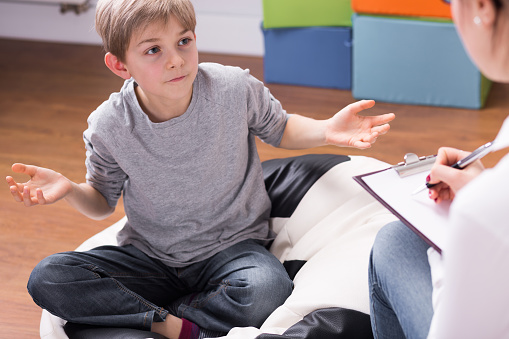Children May Benefit from Therapy After Divorce
It’s not just the people going through a divorce who may benefit from therapy during and after the process — it can be extremely beneficial for the children involved, as well.
A child who goes through therapy tends to be more proactive when it comes to seeking solutions to problems, be better equipped to deal with stressful situations and have a different perspective of what is happening in their lives and how they view the future.
Of course, the caveat with children’s therapy is the same as with anyone else. The child must be willing to participate in the process if it is to have any effect. The only way children will benefit is if they truly want to talk through their problems with the therapist. Many times, they are more willing to do so if they know at least one of their parents is also going through therapy.
Signs a child needs therapy
How can you tell if your child may benefit from therapy? In general, almost any child whose parents get divorced can benefit from therapy at least to some extent. It is particularly beneficial, however, for children who have indicated the following:
- Signs of depression, anger or aggression
- Repeated rule breaking when it was not previously a problem
- Sudden impulsiveness or propensity for risk-taking and seeking
- Anger toward one or both parents
- Exposure to conflict between the parents
- Substance abuse or eating disorders
- Sudden unusual health problems
- An unwillingness to participate in conversations
- Sudden changes of friend groups
Parents should closely monitor their children after divorce and gauge for themselves if they believe therapy is necessary. For further guidance on this and various other issues related to the divorce process in Long Island, consult an experienced family law attorney with Bryan L. Salamone & Associates.






